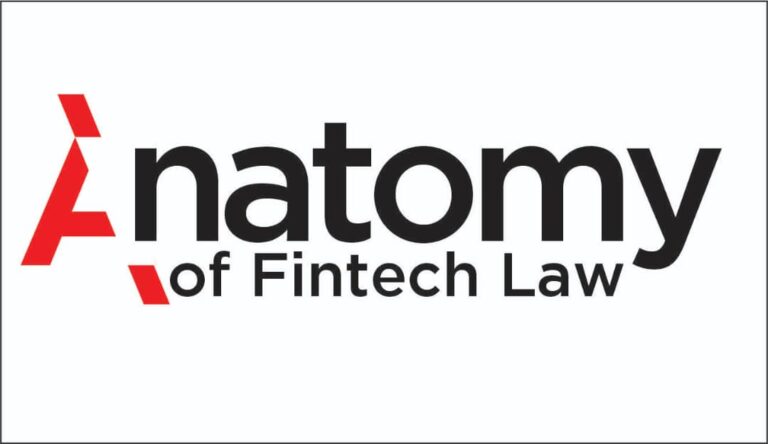The CBN (Central Bank of Nigeria) introduced critical changes to Tier 1 bank accounts or wallets when it required financial institutions and fintech companies to include NIN (National Identification Number) and BVN (Bank Verification Number) in Tier 1 KYC requirements in Nigeria.
Background
Tier 1 wallets or accounts are low-level bank accounts or Wallets with a maximum daily transaction limit of 30,000NGN.
The low-level account or wallet known as Tier 1 emerged in Nigeria’s financial system because the CBN recognized the social and economic inequalities in Nigeria – we are unaware of how Nigeria eradicated such disparities.
Indeed, the CBN’s 2013 3-Tier KYC (Know-Your-Customer) Requirement enabled Tier 1 wallet or account holders to include surrogate identifications by clergies, school heads, and clans’ heads.
CBN’s 2013 3-Tier KYC Requirement allowed financial institutions broad autonomy to formulate internal policies that included financially disadvantaged people in the financial system.
These validated recommendations 1 and 10 of the revised FATF (Financial Action Task Force) 40 Recommendations, which permit countries to allow financial institutions and designated nonfinancial businesses and professions (DNFBPs) to apply simplified customer due diligence (CDD) measures for low-risk Tier 1 wallets or accounts holders.
Nigeria is yet to achieve over 75% financial inclusion. Yet the CBN’s December 2023 Circular directing institutions under its regulatory oversight to include BVN and NIN in Tier 1 KYC (the “Circular”) denies Tier 1 low-risk customers access to the financial system.
The Circular is a significant drawback to the regulatory objectives under the Regulatory Framework for BVN Operations and Watch-List for the Nigerian Banking Industry 2021, which accords with CBN’s 2013 3-Tier KYC Requirement principle aimed at enhancing financial inclusion.
How OPay, Palmpay, and Others Abused Tier 1 KYC
We submit that Opay, Paylmpay, and other Fintech’s abuse of the Tier 1 (low-level) KYC requirements for accounts or wallets invoked Nigeria’s Central Bank’s prohibitionist mentality instead of wielding the regulatory penalties on the emerging fintech service providers.
Fintech such as Opay, Moniepoint, and Palmpay onboarded customers already captured in the BVN and NIN databases as Tier 1 accounts or wallet holders.
These Fintech disregarded the daily transaction limits on Tier 1 accounts or wallets. We know some Tier 1 customers who benefit from bank errors are unwilling to refund banks and Fintech the unsolicited funds received due to bank error.
Now, the CBN has thrown out the baby with the bath water, regardless of how the requirement of NIN or BVN on Tier 1 accounts or Wallet affects the financial inclusion drive – unless the present CBN is not concerned about Nigerians who are financially excluded, underbanked, or unbanked.
What the Circular Requires
The Circular amended regulation 1.5.3 of the 2021 Regulatory Framework for BVN Operations and Watch-List for the Nigerian Banking Industry as follows:
- Tier 1 accounts or wallets for individuals must have BVN and NIN.
- The wallet or account opening process must start with electronic retrieval of BVN or NIN data from NIBSS’s (Nigeria Inter-Bank Settlement System) BVN database or NIMC’s (National Identification Management Commission) national identity database.
- CBN regulated Institutions must immediately profile all existing Tier 1 customers on NIBSS’ ICAD (industry customer account database) or within 24 hours for new Tier 1 accounts or wallets.
- Similarly, Institutions regulated by the CBN can only open new Tier 1 accounts or wallets with BVN or NIN.
Consequently, financial institutions and others must immediately place a post-no-debit or credit restriction on all Tier 1 accounts or wallet holders without BVN or NIN until the new process is satisfied.
From 1st March 2024, all funded Tier 1 accounts or wallets become active until full compliance. Meanwhile, every NIN or BVN associated with accounts or wallets in Nigeria’s financial system must be electronically revalidated by 31st January 2024.
Conclusion
Institutions regulated by the CBN are liable to up to two million Naira fines for tier 1 KYC defaults.
In any case, the CBN Circular that sought to ensure financial stability is a drawback on Nigeria’s financial inclusion agenda. The financially disadvantaged and many unbanked and underbanked Nigeria will be the hardships that arise from the Circular.
The NIMC’s NID and capturing system is full of downtime and lack of interoperability. Admittedly, we have bank account holders whose personal details in the bank’s database are different from the customer’s data on the BVN database.
We agree that CBN’s Circular strengthens the financial system to the extent that it clarifies the institutions’ liabilities to such customers.
CBN could have more thoughtfully resolved the mischief that Fintech created instead of a prohibitionist approach.

